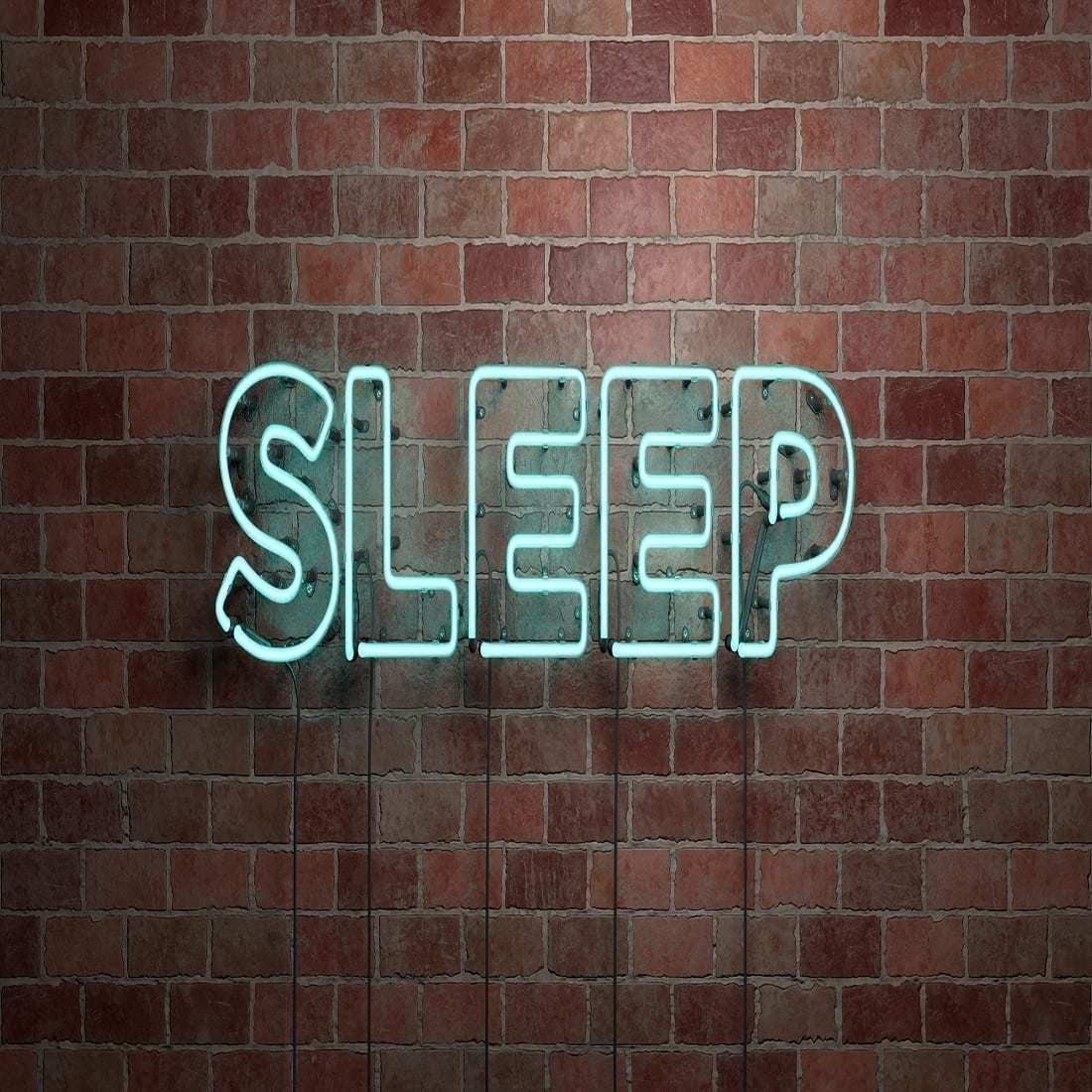At this time, many states have started to lift stay-at-home orders, and businesses are cautiously resuming operations. 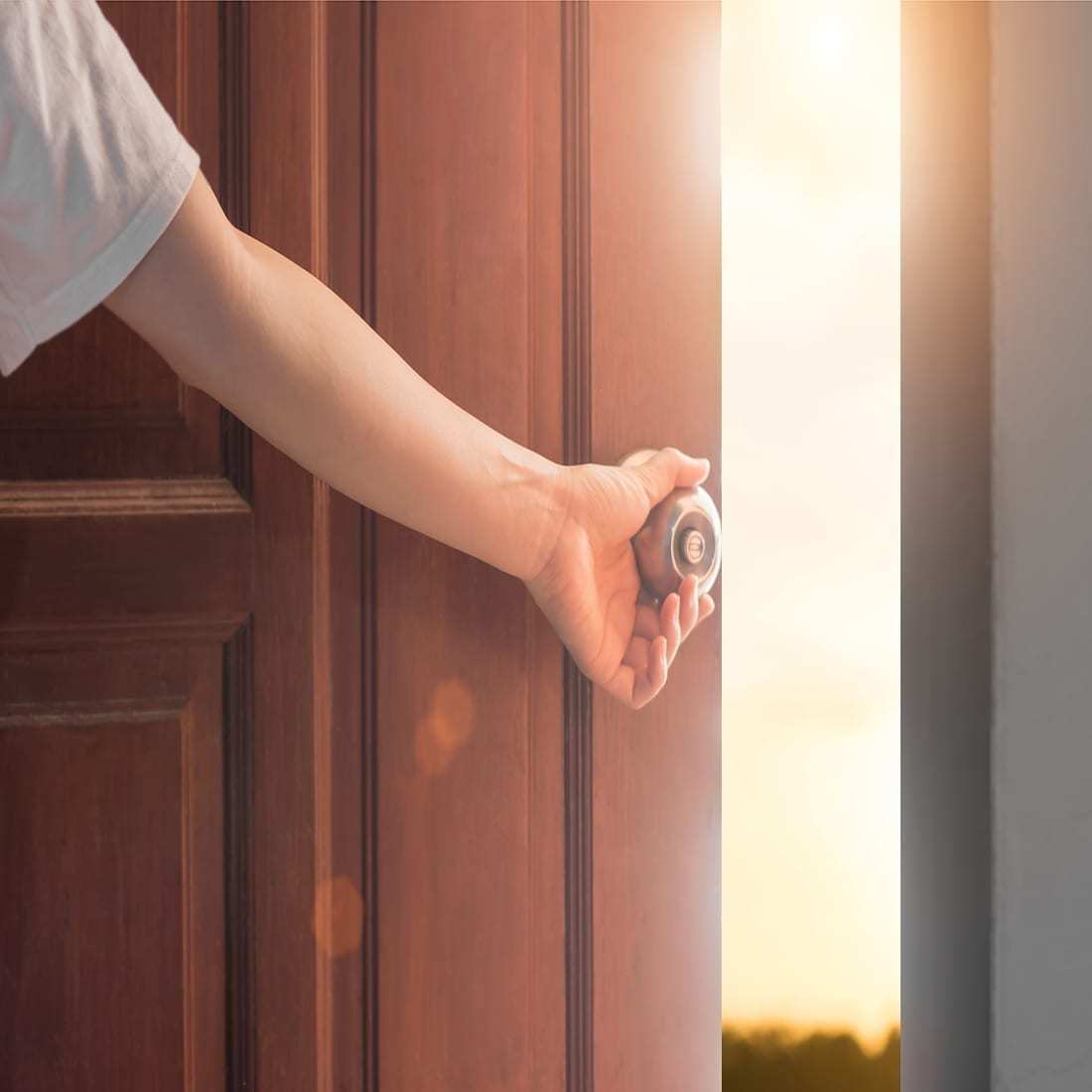 Nonetheless, all companies, small and large, are faced with circumstances that compare to nothing they have experienced before.
Nonetheless, all companies, small and large, are faced with circumstances that compare to nothing they have experienced before.
These recent changes require us to perform at our optimum, and a healthy sleep routine is a vital component to being our best.
It is well known that quality of sleep impacts our decision-making ability, cognitive functioning, and physical health, among other areas of our lives.
[/vc_column_text][/vc_column][/vc_row]
Nevertheless, one thing that I would like to emphasize in these sleep articles is that it’s important not to make the process of sleep a chore or something that’s dreaded. Instead, it best to pleasantly look forward to going to sleep and creating a routine that supports you.
There are a few ways to improve your sleep including developing a regular bedtime routine, avoiding certain activities before bed, and making moderate changes to your bedroom.
The bedtime routine begins ahead of the time you would like to fall asleep. Here are a few recommendations of what can be done prior to your sleep time.
Avoid late-night eating
Research findings show eating food close to bedtime disrupts your sleep and can cause weight gain. This is because when you go to sleep on a full stomach, your digestive system goes to work, which means the blood flow is diverted from other parts of the body, including your brain.
 Eating a high-carbohydrate meal could result in night sweats because the body generates heat as it metabolizes the food you ate.
Eating a high-carbohydrate meal could result in night sweats because the body generates heat as it metabolizes the food you ate.
Eating before bed has also been linked to metabolic syndrome, a group of risk factors that include high blood pressure and increased belly fat. These risk factors can then increase your chances of developing heart disease or type 2 diabetes.
Then there are others who are prone to acid reflux and eating foods like spicy tacos, or chocolate ice cream, that will cause them discomfort and affect their sleep.
But I’m hungry!
Understood, consider eating a light, protein-dense snack. Dr. Michael Ormsbee of Flordia State University showed that consuming 30 grams of protein no later than 30 minutes before bed will boost your metabolism and make you less hungry the next morning. He suggested cottage cheese or a low sugar protein drink.
Exercise
Exercising 20 to 30 minutes a day, but no later than a few hours before going to bed, has been shown to increase the quality of sleep.
Naps
Ideally, if you are getting enough sleep, you should not need to take naps during the day. 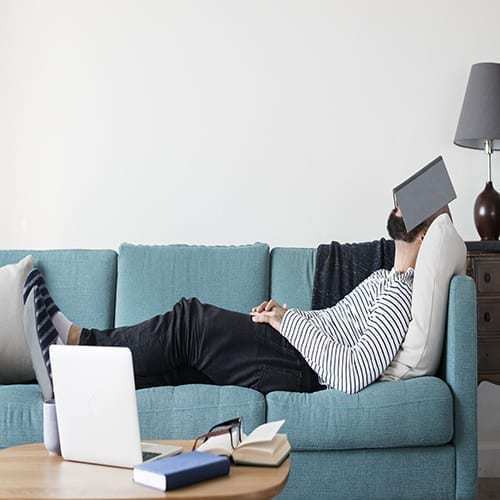 Nonetheless, if you feel that you need to take a nap during the day, it is recommended that you only do that in the afternoon between 1 pm and 3 pm, and not nap for more than 25 minutes.
Nonetheless, if you feel that you need to take a nap during the day, it is recommended that you only do that in the afternoon between 1 pm and 3 pm, and not nap for more than 25 minutes.
The reason is that when you go past 25 minutes of nap time, your body will transition into a deep sleep mode, and this may prevent you from feeling refreshed, not to mention throwing off your sleep routine.
Alcohol does not help your sleep
Sure, drinking alcohol can make you feel tired and relaxed, but it causes you to wake up in the middle of the night and limits the amount of REM cycles you experience during the night. Also, alcohol is a diuretic, which may result in a full bladder that will make you go to the bathroom in the middle of the night.
The winding down routine
It is difficult for us to go from being fully engaged in an activity to shutting down and trying to go to sleep. What we need is a wind down routine whereby we begin to signal to our bodies that we are soon going to go to sleep.
Ideally, this routine should begin about an hour before your intended sleep time. Here are a few suggestions that can help your body and mind get ready to go to sleep.
Take a hot bath
Taking a hot bath at about 102 degrees, for approximately 30 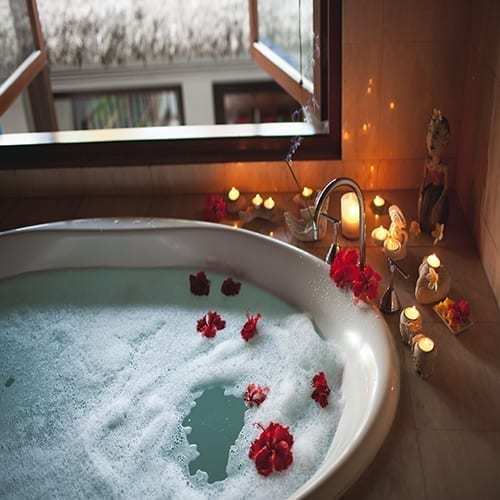 minutes, 20 minutes before bedtime, will help calm your body and mind. However, be aware that showers don’t work as well.
minutes, 20 minutes before bedtime, will help calm your body and mind. However, be aware that showers don’t work as well.
Journaling
Many successful people have found that putting your thoughts down on paper before going to sleep helps your mind relax. Even making a “To Do” list for the next day helps your mind stop worrying that you will forget something important.
Reading a physical book
Reading is an ideal way of relaxing, but as we will see below, reading on a tablet or other electronic devices will keep you up.
Cognitive Neuropsychologist Dr. David Lewis found that reading reduced stress levels by 68 %, usually within 6 minutes. Comparatively, listening to music, reduced stress levels by 61%, and drinking tea or coffee decreased stress by 54%. While taking a walk showed a 42% reduction in stress.
The study commented that reading a good book helps our mind become distracted from daily stresses and worries that causes tension. Stories give your mind the option to be somewhere else for a little while. Reading also allows your muscles to relax and slows down your breathing, leaving you feeling calmer.
Now let’s make sure that your bedroom is set up to give you the best sleep possible.
How to set up your bedroom for optimum sleeping conditions
Make it as dark as possible
Consider getting some blackout shades; it is an excellent investment. At this time of the year, sunrise begins around 6:35 am. Then, each day sunrise will begin a few minutes earlier until June 17, 2020, when it starts at 5:47 am. From that day forward, it will gradually begin a few minutes later.
The problem is that once your eyes (even close) react to daylight, it causes your circadian cycle to wake your system up. Therefore, by using these blackout shades, it will allow you to get that last part of your sleep cycle and not allow the earlier sunrises to rob you of your full rest. Spend the extra money and get the blackout shades that have two to three layers as these will really make a difference in keeping the light out.
Eye mask
 They are easy to find, inexpensive, and are very effective in keeping the light away from your eye receptors. You want to make sure that you look for the models that have some extra padding on any areas that will touch the top and bottom portion of your face.
They are easy to find, inexpensive, and are very effective in keeping the light away from your eye receptors. You want to make sure that you look for the models that have some extra padding on any areas that will touch the top and bottom portion of your face.
The point is to make sure the fit is snug so that light doesn’t creep in. You can use these instead of or along with the blackout shades.
Turn off the electronics
Try to keep all electronic devices off, especially your phone before your sleep time. The reason is that table lamps, TVs, cell phones, tablets, and laptops all emanate blue-light waves. Blue-light waves are composed of a spectrum of frequencies within the range of 450–480 nanometers, which is called blue light.
When our eyes are exposed to this frequency of light, the melinopsin cells in our eyes signal the brain to turn off the body’s natural production of melatonin, the chemical that gets you sleepy.
Melatonin
Although there are melatonin supplements that you can take to increase the amount of melatonin in your system, this only has temporary effects. Depending on your body type, after a while, our bodies will adjust to the amount of melatonin we take, minimizing the desired result.
Blue Light Apps
If you absolutely must use your electronics, there are some apps that offer a little help from the blue light effects.
For Apple users, Night Shift is Apple’s solution to counteract the effects of blue light. Night shift comes as part of Apple’s built-in software. It allows users to set their desired Night Shift schedules by inputing their desired start and end times. However, a study reported in CNET reported that it is not just controlling the light spectrum that can affect your sleep; it’s screen brightness as well. So, this feature is only part of the answer.
For windows users, F.LUX is a geolocation application that automatically calibrates your device to display color temperature to the time of day based on your location. In the evening, F.lux will automatically adjust your screen brightness down and then back up in the morning.
Specially filtered light bulbs
These are easily found online and at many lighting stores (priced around $20). They are designed with a built-in filter to reduce blue light. The GoodNight® A19 is an example of a soft-white bulb that provides a comfortable, warm white light (about $12.95 per bulb). According to the manufacturer, these bulbs are engineered to promote and support the natural sleep-wake cycle while enhancing both quality and duration of sleep.
Nightlight
When getting up in the middle of the night, avoid turning on the table lamp or overhead lights. Instead, use a gentle nightlight.
Blue-blocker glasses
If you still feel the need to read that email that just came in, or you are trying to reach that next level on that addictive game, consider wearing Blue-blocker glasses. You can find them on Amazon and other retailers for about $20. They are ordinary glasses with lenses that filter blue lights. There is some positive research suggesting they have a positive impact by filtering the blue light.
The temperature in your bedroom
The temperature has just as much to do with the quality of your 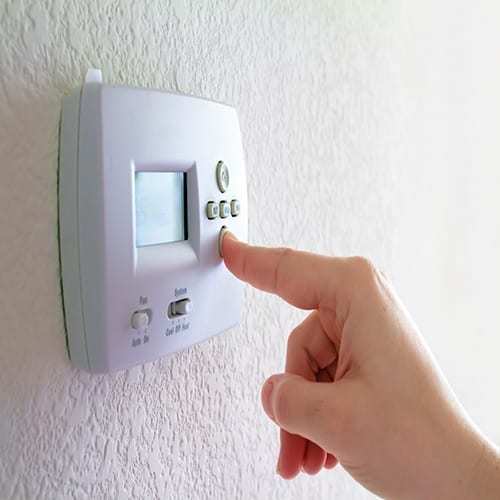 sleep as the amount of light. One study that looked into Temperature and sleep determined that lower temperatures provide us with the benefits of not waking up as much and sleeping deeper.
sleep as the amount of light. One study that looked into Temperature and sleep determined that lower temperatures provide us with the benefits of not waking up as much and sleeping deeper.
They also showed that we start to go to sleep once the Temperature begins to drop.
In summary, it turns out that optimum temperature would be around 65 degrees, although the study showed benefits in the range of 60 to 67 degrees. Purchasing the extra layered blackout shades mentioned above will also help keep your room cooler.
I hope some these tips can help you improve your sleep, increase your productivity, and enhance your mood. Please know that it is not necessary to employ all of these tips in order to get a good night’s sleep. Also, this discussion only covered a few basic ideas and you may discover some other effective tips yourself.
Although the majority of these suggestions can be used by just about anyone, it is crucial that you are aware that there are serious physical issues that can be present and interfere with sleep. Therefore, you should always consult with a qualified health professional should sleep problems persist or worsen.
Finally, please be aware that despite our best efforts, there is a time when depression, anxiety, or stress are so overwhelming that professional help is necessary. Should you or someone you care about suffer from these concerns, please feel free to contact my office for an appointment. There are many scientifically proven treatments that can help individuals overcome these problems and allow individuals to feel better.
Any products or services mentioned in this article are strictly for informational purpose and are not meant to be an endorsement by Ginny Estupinian Ph.D. Readers should carefully assess these items for themselves. Dr. Estupinian has not been compensated or will receive compensation for mentioning these items.

